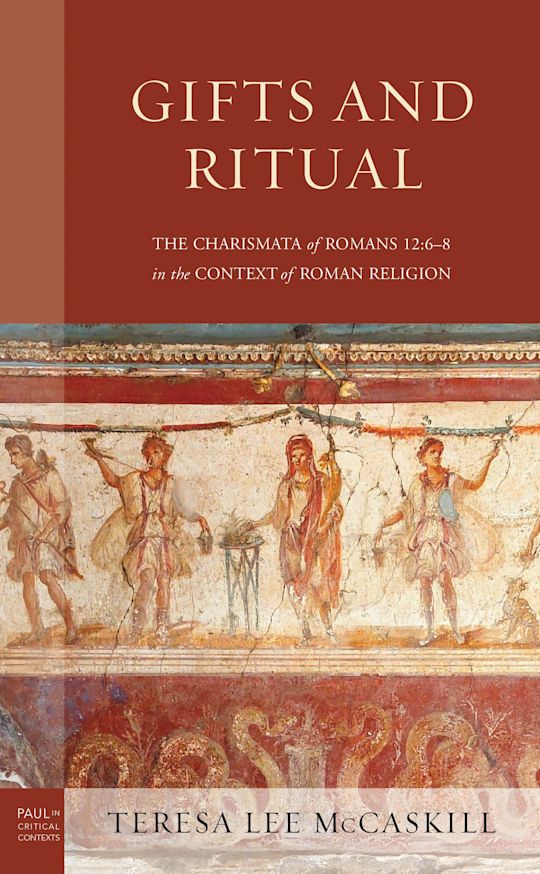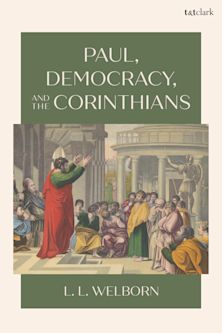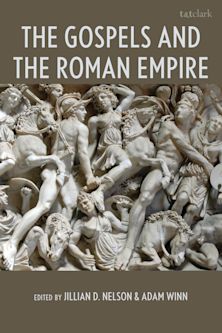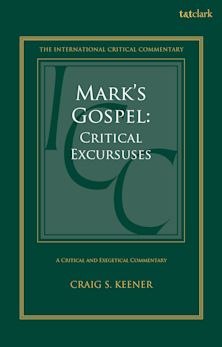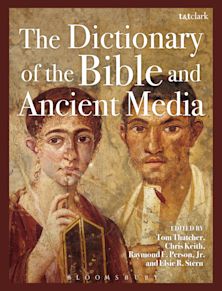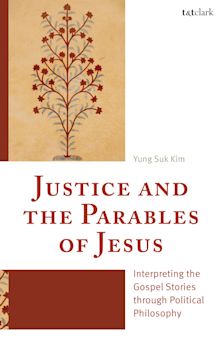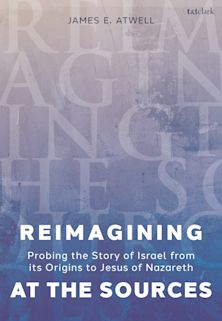Gifts and Ritual
The Charismata of Romans 12: 6-8 in the Context of Roman Religion
Gifts and Ritual
The Charismata of Romans 12: 6-8 in the Context of Roman Religion
Description
Paul’s teaching about divine benefactions in Rom 12:6–8 extends the theme of worship that he establishes in Rom 12:1–2. Together, these passages address a uniquely gentile dilemma that many in his audience faced as new Christ-followers, which was the challenge of finding acceptable replacements for former cultic activities that were woven through all of life’s stages, from birth to death. One of the chief shortcomings of the scholars that have written about Rom 12:6–8 is a failure to address what Paul's gentile audience might have brought to his teaching and how his alignment of gifts with ritual (Rom 12:1–2) mirrored their polytheistic background. By analyzing examples from ancient texts and artifacts, Teresa Lee McCaskill shows that all seven of the terms Paul uses in Rom 12:6–8 would have had recognizable cultic antecedents for first-century worshipers in Rome. McCaskill presents a theoretical model that discusses how Paul’s gentile audience might have viewed the charismata and considered them as examples of sanctioned practices to replace former rituals. She also weighs the effectiveness of these particular gifts for furthering Paul’s missional objectives.
Table of Contents
Chapter 2: Rom 12:6: From “Prophecy in Proportion to Faith” (NRSV) to “Prophecy in Accordance with What has been Entrusted” (p??f?te?a? ?at? t?? ??a????a? t?? p?ste??)
Chapter 3: Rom 12:7: From “Ministry, in Ministering” (NRSV) to “A Mission, in Accordance with What it Requires” (d?a????a? ?? t? d?a?????)
Chapter 4: Rom 12:7: From “The Teacher, in the Teaching” (NRSV) to “The One who Teaches, in Accordance with What the Teaching Requires” (? d?d?s??? ?? t? d?das?a???)
Chapter 5: Rom 12:8: From “The Exhorter, in Exhortation” (NRSV) to “The One who Invokes and Invites, in Accordance with What the Opportunities Require” (? pa?a?a??? ?? t? pa?a???se?)
Chapter 6: Rom 12:8: From “The Giver, in Generosity” (NRSV) to “The One Who Shares with Generosity, Simplicity, or Sincerity, as Required” (? µetad?d??? ?? ?p??t?t?)
Chapter 7: Rom 12:8: From “The Leader, in Diligence” (NRSV) to “The One Who Champions with Zeal as Required” (? p???st?µe??? ?
Product details
| Published | Jan 09 2023 |
|---|---|
| Format | Ebook (PDF) |
| Edition | 1st |
| Extent | 206 |
| ISBN | 9781978797017 |
| Imprint | Fortress Academic |
| Series | Paul in Critical Contexts |
| Publisher | Bloomsbury Publishing |
Reviews

ONLINE RESOURCES
Bloomsbury Collections
This book is available on Bloomsbury Collections where your library has access.









